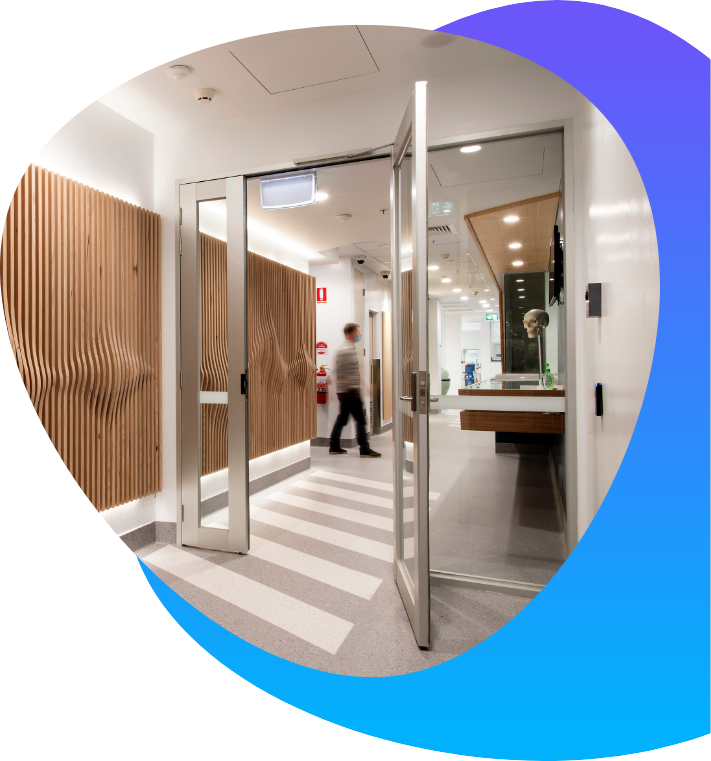Neo-Bionica Pty Ltd
Neo-Bionica Pty Ltd, established by the Bionics Institute and the University of Melbourne, develops medical device prototypes for the global med tech ecosystem.
Neo-Bionica Pty Ltd
Neo-Bionica Pty Ltd, established in 2021 as a joint initiative of the Bionics Institute and the University of Melbourne, combines the engineering expertise and state-of-the-art facilities needed to develop medical devices from initial concept to first-in-human prototypes for clinical trials. Neo-Bionica was conceived to fill a gap in Australia’s medical device prototype manufacturing capability and speed up the translation of medical device research into clinical reality. Neo-Bionica offers clients around the world the full range of capabilities required to design and manufacture devices. This includes project management, systems engineering, mechanical engineering, electrical engineering, fabrication and clinical testing. For more information, go to: www.neo-bionica.com

Neo-Bionica is led by CEO Dr Ludovic Labat, a business leader with over 20 years’ experience in the medical device and technology industry across a range of global companies, including Fortive, Danaher, Siemens, Tektronix and Invetech.
The Neo-Bionica team of designers, engineers and regulatory experts, together, have decades of experience in the field. Devices based on their work include the cochlear implant, the bionic eye and the Epi-Minder epilepsy device.
Neo-Bionica facilities
Located on the St Vincent’s Hospital Melbourne campus, in close proximity to clinicians and medical device researchers at the Bionics Institute, Neo-Bionica has state-of-the-art facilities. It houses two early prototyping workshops, two independent ISO 7 cleanrooms and is equipped with the latest precision engineering technology and 3D printers.
Fast-tracking medical device development
Bionics Institute CEO Robert Klupacs says Neo-Bionica will speed up the time it takes to develop a medical device, which means patients will benefit earlier.
He said: “Bionics Institute researchers discovered that vagus nerve stimluation can be used to treat inflammatory bowel disease (IBD). However, to create a prototype for use in clinical trials we had to contract a company in America, resulting in an 18-month delay. Neo-Bionica will transform future device development.”
University of Melbourne Vice-Chancellor Professor Duncan Maskell said: “Neo-Bionica is in a unique position to manufacture medical device prototypes for organisations around the world.
This will build Victoria’s reputation as a powerhouse of biomedical engineering, create new jobs and boost the economy.”